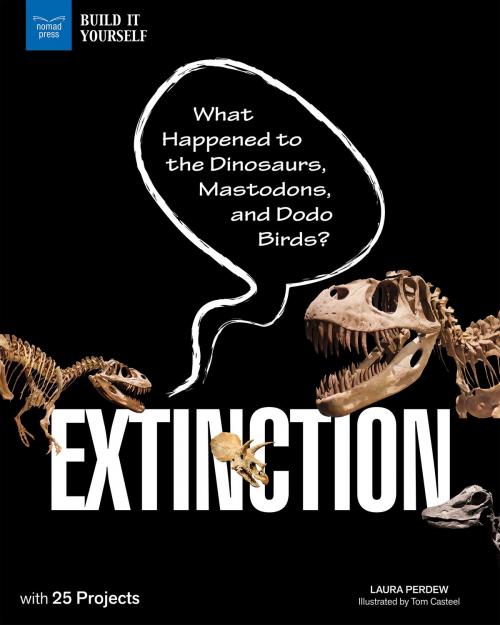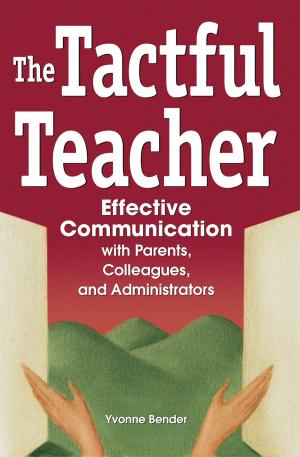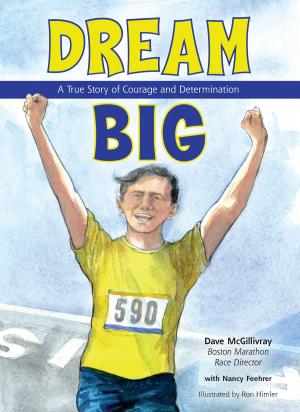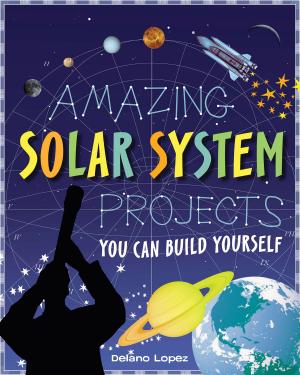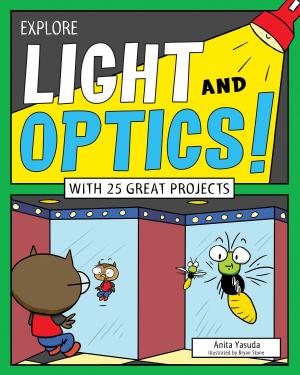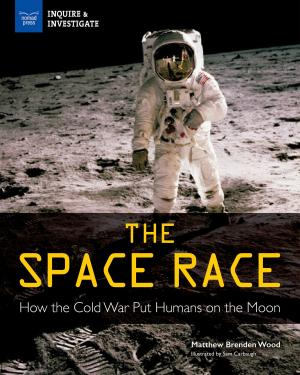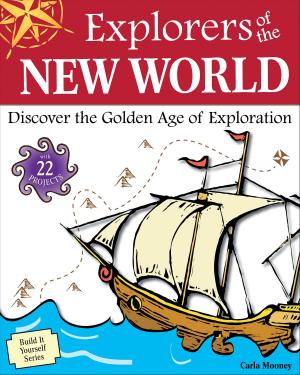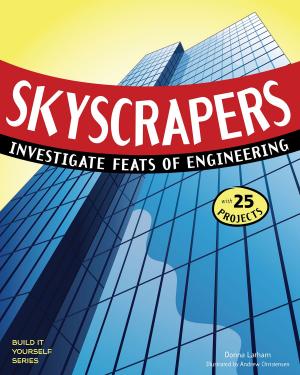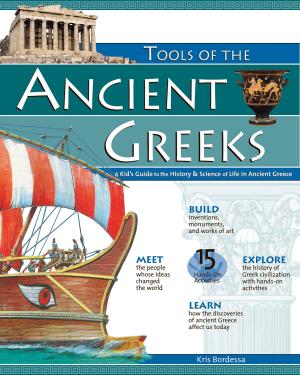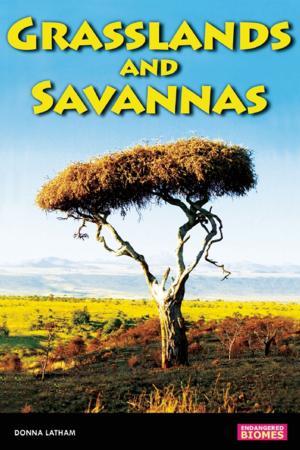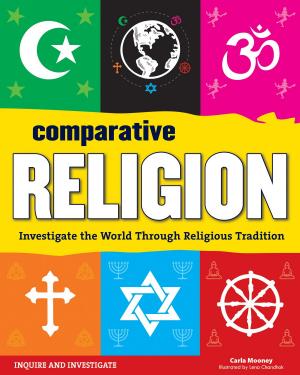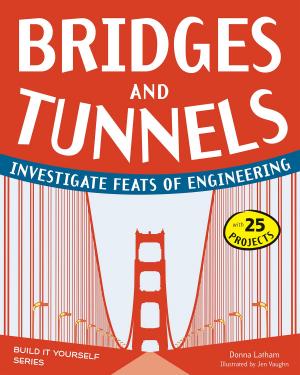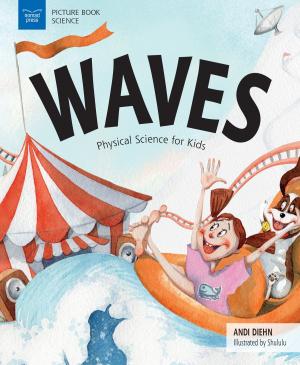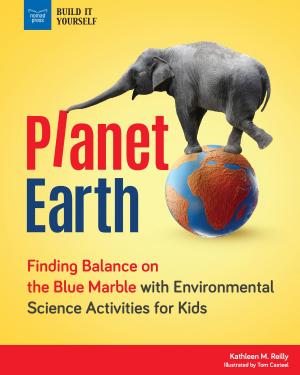Extinction
What Happened to the Dinosaurs, Mastodons, and Dodo Birds? With 25 Projects
Kids, Natural World, Ecosystems, Biology, Animals, Wild Animals| Author: | Laura Perdew | ISBN: | 9781619305595 |
| Publisher: | Nomad Press | Publication: | September 15, 2017 |
| Imprint: | Nomad Press | Language: | English |
| Author: | Laura Perdew |
| ISBN: | 9781619305595 |
| Publisher: | Nomad Press |
| Publication: | September 15, 2017 |
| Imprint: | Nomad Press |
| Language: | English |
Have you seen a dodo bird recently? Do you have mastodons playing in your back yard? Not likely—these species are both extinct, which means the entire population has died out. More than 99 percent of all species, or about 5 billion, have gone extinct since life first formed on Earth 4.5 billion years ago. Some of those species went extinct at the same time in an event know as a mass extinction. What type of event could cause such a massive die off? This is a question that scientists have asked for decades as they explore the causes of extinction. In Extinction: What Happened to the Dinosaurs, Mastodons, and Dodo Birds? readers ages 9 to 12 learn about the scientific investigative work necessary to answer these questions and find the culprit behind mass extinctions. Follow the scientists as they look at all potential reasons for extinction, including asteroid impacts, massive volcanic eruptions, excessive gases in the atmosphere, climate change, and more. Where do scientists find clues to help them answer their questions? In rocks—scientists travel the globe to excavate the evidence. They look for fossils that might tell them what lived before an extinction and what lived after. They also examine the chemical elements in rocks at the boundaries between geologic eras, as well as the structure of rocks. As they follow the evidence, the pieces of the puzzle come together to form a clearer picture of events that happened millions of years ago, whether it’s an asteroid strike or a massive volcanic eruption. Extinction is not just a thing of the past. It is happening right now, at a higher rate than is typical. Because of this, there is debate about whether or not the presence of humans on Earth is having the same effect as an asteroid strike or a massive volcanic eruption. Are we currently experiencing the sixth mass extinction? And if so, what are the causes? Can we stop it? Extinction: What Happened to the Dinosaurs, Mastodons, and Dodo Birds? includes hands-on activities and critical thinking exercises to encourage readers to consider humans’ role in the current extinction, what we can learn from past extinction events, and how they can be part of efforts to prevent extinction. Hands-on activities, a fun narrative style, interesting facts, species spotlights, and links to primary sources combine to bring the subject of extinction to life in a fun and engaging way.
Have you seen a dodo bird recently? Do you have mastodons playing in your back yard? Not likely—these species are both extinct, which means the entire population has died out. More than 99 percent of all species, or about 5 billion, have gone extinct since life first formed on Earth 4.5 billion years ago. Some of those species went extinct at the same time in an event know as a mass extinction. What type of event could cause such a massive die off? This is a question that scientists have asked for decades as they explore the causes of extinction. In Extinction: What Happened to the Dinosaurs, Mastodons, and Dodo Birds? readers ages 9 to 12 learn about the scientific investigative work necessary to answer these questions and find the culprit behind mass extinctions. Follow the scientists as they look at all potential reasons for extinction, including asteroid impacts, massive volcanic eruptions, excessive gases in the atmosphere, climate change, and more. Where do scientists find clues to help them answer their questions? In rocks—scientists travel the globe to excavate the evidence. They look for fossils that might tell them what lived before an extinction and what lived after. They also examine the chemical elements in rocks at the boundaries between geologic eras, as well as the structure of rocks. As they follow the evidence, the pieces of the puzzle come together to form a clearer picture of events that happened millions of years ago, whether it’s an asteroid strike or a massive volcanic eruption. Extinction is not just a thing of the past. It is happening right now, at a higher rate than is typical. Because of this, there is debate about whether or not the presence of humans on Earth is having the same effect as an asteroid strike or a massive volcanic eruption. Are we currently experiencing the sixth mass extinction? And if so, what are the causes? Can we stop it? Extinction: What Happened to the Dinosaurs, Mastodons, and Dodo Birds? includes hands-on activities and critical thinking exercises to encourage readers to consider humans’ role in the current extinction, what we can learn from past extinction events, and how they can be part of efforts to prevent extinction. Hands-on activities, a fun narrative style, interesting facts, species spotlights, and links to primary sources combine to bring the subject of extinction to life in a fun and engaging way.
